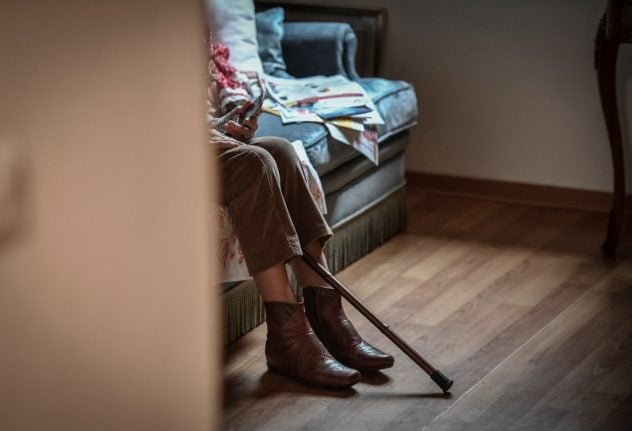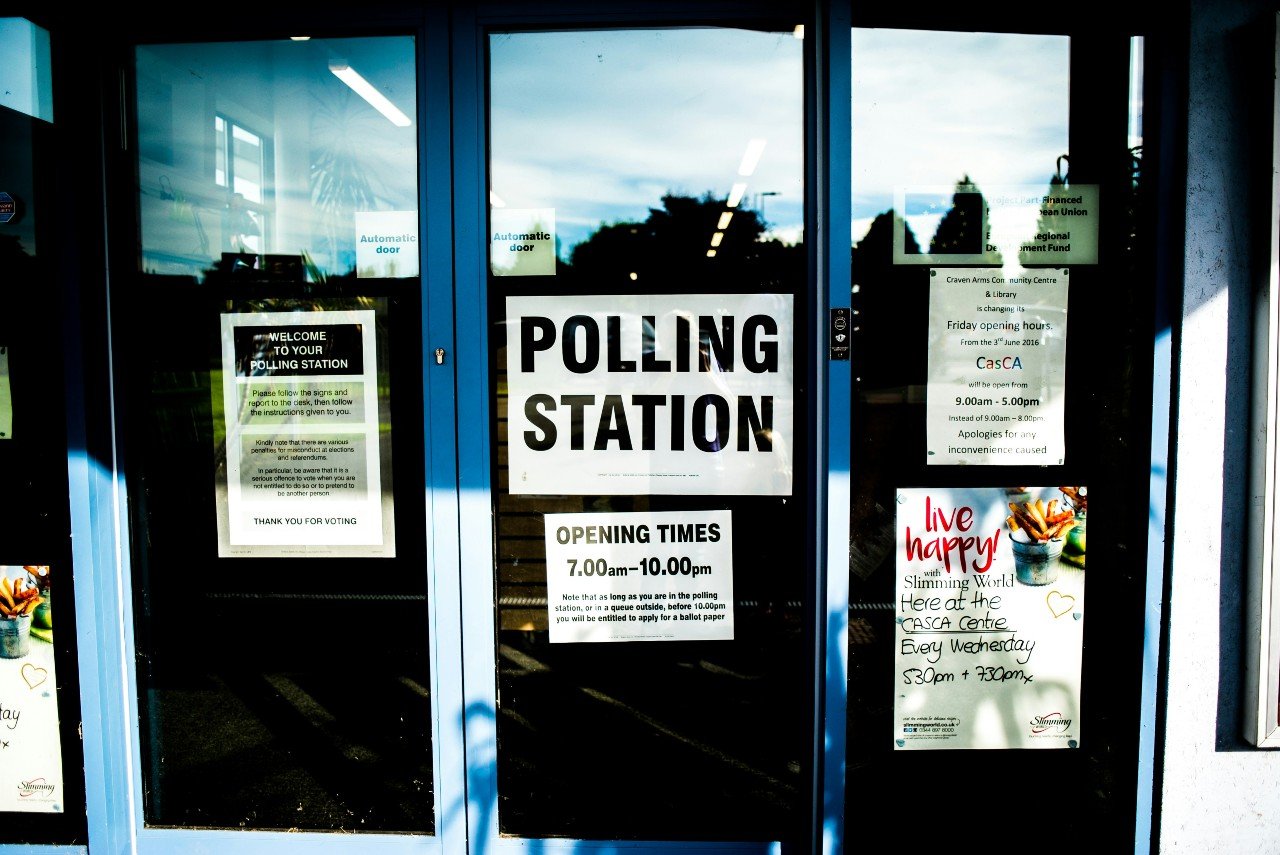Although healthcare is obviously a concern for everyone, it is a particular worry for people who are suffer from serious illnessses – worried that life-saving medication and treatment could be suddenly halted or become unaffordable, and knowing that with pre-extisting conditions private health insurance is not an option for them.
Francis Towers, also in his 70s and originally from Yorkshire, said: “I have cancer so I need ongoing treatment plus scans and colonoscopies – all expensive stuff.






 Please whitelist us to continue reading.
Please whitelist us to continue reading.
Member comments